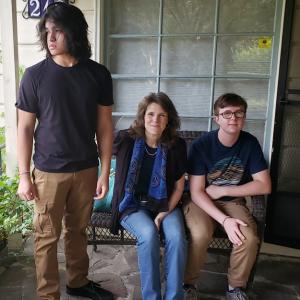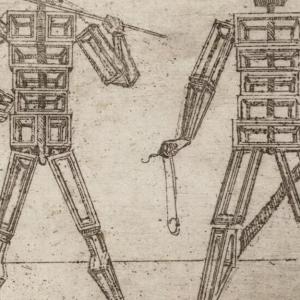Energy from the Ground Up
In a world that rarely slows down, there’s a simple yet powerful practice that invites us to reconnect with nature, with our inner selves and with the present moment. Earthing (or grounding) is more than just walking barefoot on grass; it’s a way to tap into the earth’s energy, living a more balanced, purposeful and full-of-wonder experience.









